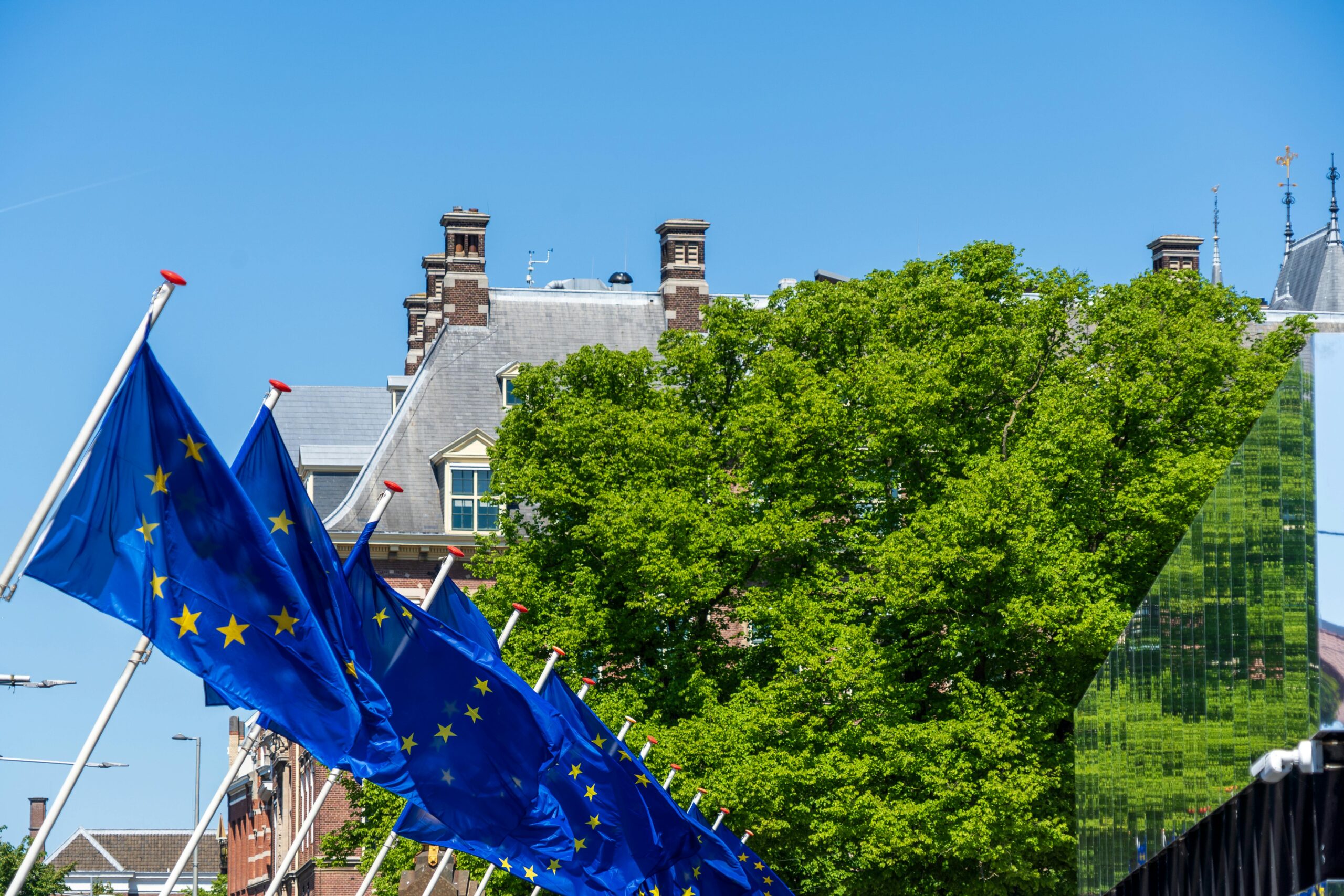On Wednesday (29 October), most member states’ EU ambassadors (their highest EU representatives) asked the European Commission to delay the enforcement of the Regulation on Deforestation-free Products (EUDR). This would go beyond the Commission’s earlier proposal to postpone compliance only for small companies until December 2026. The ambassadors requested that the 30 December 2025 deadline be delayed for all operators.
The ambassadors’ move follows growing concern that neither companies nor authorities are ready for implementation. The central IT platform, which companies must use to upload geolocation data proving their products are deforestation-free, is not yet fully operational. Member states warn that the system risks being overloaded once all operators try to register simultaneously.
Context
The goal of the Regulation on Deforestation-free Products (EUDR) is novel: ensuring that products consumed by EU citizens should not contribute to deforestation and forest degradation worldwide.
The practice is more complicated: since it’s adoption by the Parliament and Council in May 2023, the law has faced repeated delays due to missing database systems and political backlash from industry and trading partners.
Simplification
Governments are also inclined to wait until the rules are simplified. Last week, the Commission proposed changes that would reduce data requirements and establish a new category for “micro and small primary operators”. This category mainly includes small farmers and foresters, who would only need to provide the postal code of their land. It would also restrict due diligence obligations to importers, exempting downstream operators from filing their own declarations.
However, while member states broadly welcome these changes, many say they do not go far enough. During Wednesday’s meeting, several countries pressed for a broader delay, arguing that implementation should only follow once the simplified rules are agreed upon. Agriculture ministers from Czechia, Latvia, Estonia and Poland had already called earlier this week for an extension and for certain “low-risk” countries to be exempted. Others, including Denmark and Sweden, said they could accept a short technical delay but oppose reopening the regulation.
Internal discussions
Inside the Commission, opinions also remain divided. Environment Commissioner Jessika Roswall said at the end of last month that she was considering a one-year delay. Several departments, including trade, were reportedly caught off guard by her remarks.
Executive Vice-President Teresa Ribera pushed back, insisting that technical issues should not justify reopening the law or postponing its entry into force. She urged services to “find alternatives” and fix the system “as soon as possible.” The split reflects wider tensions in the College, with centre-right commissioners favouring delays and Social Democrats and Greens pushing to keep the rules.”
Race against the clock
The Danish EU Presidency is expected to circulate a compromise proposal next week. A deal would need to be reached before the Parliament’s final plenary of the year on 15 December if the revised text is to enter into force before the current deadline.

